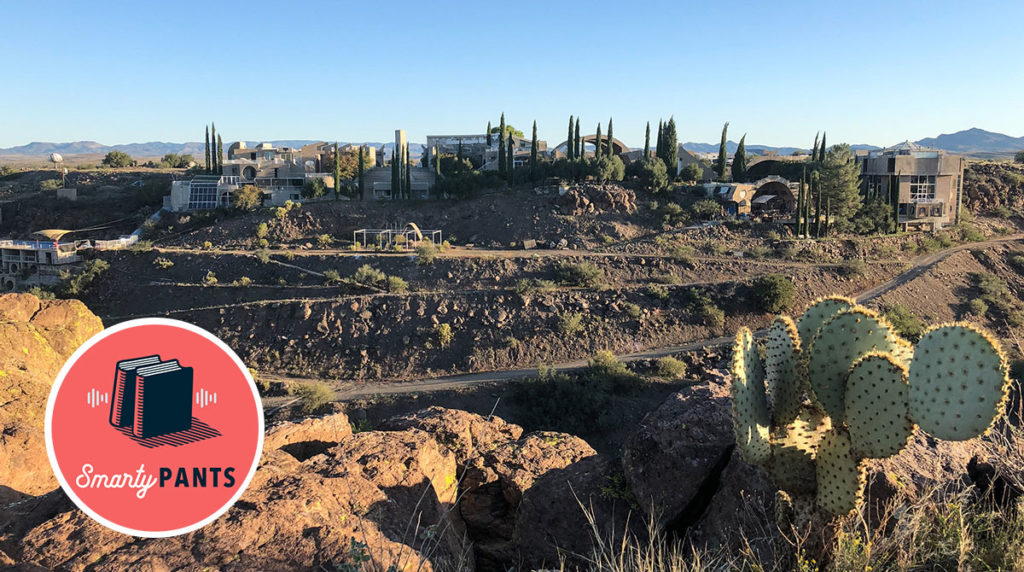
When Thomas More wrote Utopia in the 16th century, he ensured that all those who would seek out a perfect society, inspired by his book, would have to answer for the literal Greek meaning of its title: “no place.” So, has there ever been a utopia? It depends on whom you ask. Adrian Shirk, who joined Smarty Pants several years ago to talk about her previous book, takes utopia to mean communities that “have intentionally understood themselves as world-building a way out of a death-dealing system, in the service of making, if only briefly, some idea of heaven on earth—not just for themselves, but however foolhardy, for all of humankind.” From that definition—and from the bop by Belinda Carlisle, of course—comes the title of her new book, Heaven Is a Place on Earth, an exploration of moments and movements in American utopianism then, today, and tomorrow, from the Shakers to the rebuilding of the Bronx to a Waffle House by the side of the road.
Go beyond the episode:
- Adrian Shirk’s Heaven Is a Place on Earth: Searching for an American Utopia
- Read essays that became part of the book: “A Brief History of American Utopian Communities,” “Odd Fellows at the Rockland Palace,” and “A Visit to Charlotte Street.”
- Also mentioned: Cultish: The Language of Fanaticism by Amanda Montell
- Even The New York Times is profiling the “new generation” of intentional communities
- You can, of course, still visit the classics
Tune in every week to catch interviews with the liveliest voices from literature, the arts, sciences, history, and public affairs; reports on cutting-edge works in progress; long-form narratives; and compelling excerpts from new books. Hosted by Stephanie Bastek. Follow us on Twitter @TheAmScho or on Facebook.
Subscribe: iTunes • Feedburner • Stitcher • Google Play • Acast
Download the audio here (right click to “save link as …”)
Have suggestions for projects you’d like us to catch up on, or writers you want to hear from? Send us a note: podcast [at] theamericanscholar [dot] org. And rate us on iTunes! Our theme music was composed by Nathan Prillaman.


